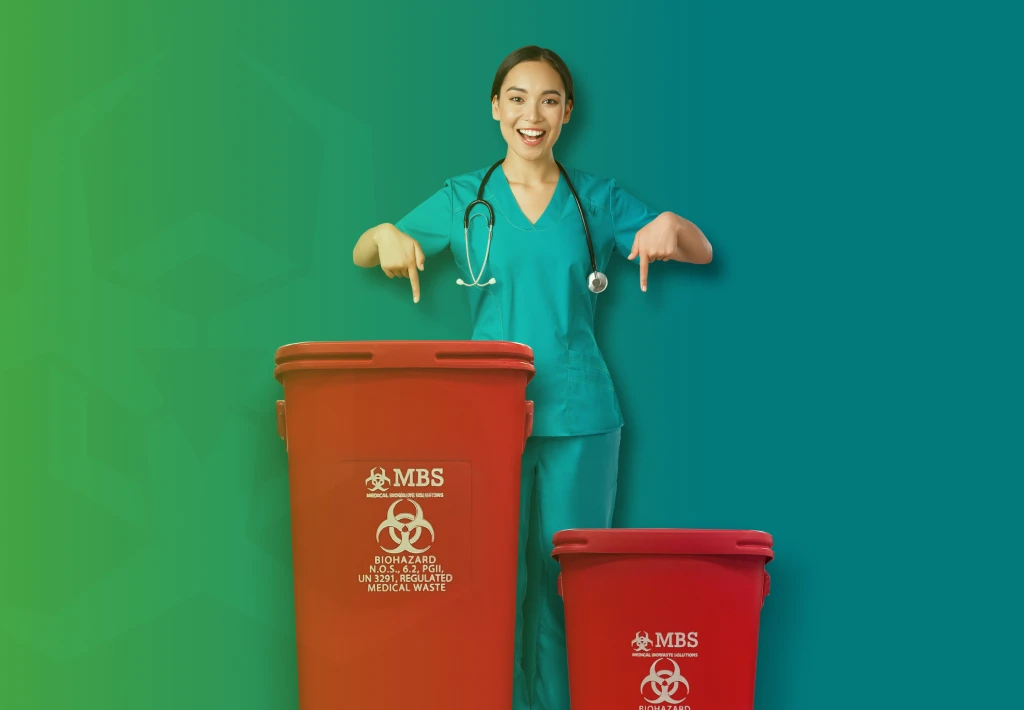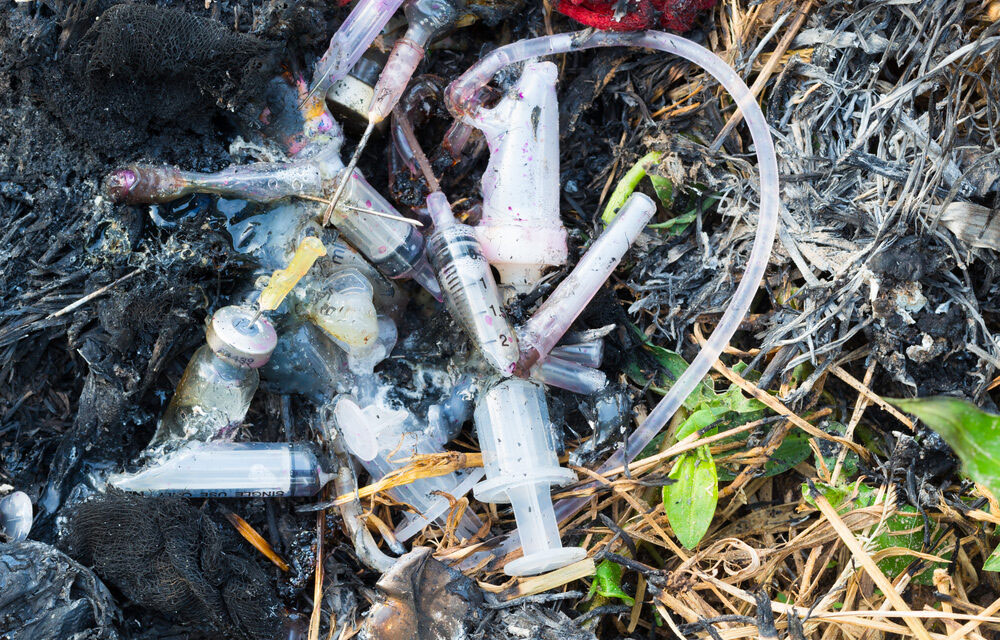Specialized Medical Waste Disposal Services: Your Solution for Waste Management
Navigating Medical Waste Disposal: Important Solutions for Health Care Facilities
In the detailed landscape of healthcare procedures, the management of medical waste is an essential facet that requires thorough focus. Medical care centers, whether huge hospitals or small clinics, are entrusted with the responsibility of handling, dealing with, and dealing with a broad range of clinical waste streams. The intricacies associated with navigating through the regulative needs, ensuring appropriate waste segregation, and implementing safe collection and transportation processes are paramount. Comprehending the necessary solutions that support clinical waste disposal is not just an issue of conformity but also a fundamental element in safeguarding public health and ecological wellness. The complexities of this procedure are crucial for healthcare centers, and the experience used in this realm plays a crucial role in keeping the stability of medical care systems.
Regulatory Conformity Support
For health care centers, making sure governing compliance assistance is important to preserve correct handling and disposal of medical waste. Abiding by guidelines established forth by organizations such as the Epa (EPA) and the Occupational Safety and Health Administration (OSHA) is vital to prevent environmental contamination, safeguard public health and wellness, and stay clear of possible lawful consequences. Regulatory compliance support offers health care facilities with support on exactly how to effectively set apart, shop, transport, and get rid of numerous sorts of clinical waste in conformity with neighborhood, state, and government regulations. This support includes help in developing and applying extensive waste administration strategies, carrying out normal team training sessions, and performing audits to make sure recurring conformity. By partnering with regulative compliance experts, medical care centers can stay updated on evolving regulations, alleviate threats related to inappropriate waste disposal, and inevitably add to a safer and more lasting environment for all.
Waste Segregation Assistance

Healthcare centers should provide clear standards and training to staff on exactly how to segregate waste effectively. This consists of dividing general waste from unsafe products such as sharps, infectious waste, pharmaceuticals, and chemical waste. Color-coded containers, tags, and signage are generally made use of to help in waste segregation practices. Routine audits and monitoring of waste segregation procedures are necessary to identify any type of concerns and make required improvements.
Collection and Transportation Solutions

Proper collection and transportation services are important parts of the medical garbage disposal procedure in health care centers. These services make certain that harmful materials are dealt with securely and in conformity with policies to secure both the atmosphere and public wellness. Medical care centers rely on specialized waste management business to provide reliable collection and transportation services customized to their demands.
Clinical waste collection entails setting apart various types of waste at the point of generation, making use of color-coded containers or bags to distinguish between general, harmful, pharmaceutical, and other waste streams. As soon as gathered, the waste is delivered in dedicated automobiles furnished to handle harmful materials safely.
Treatment and Disposal Solutions
In the world of medical garbage disposal for medical care facilities, after the essential phase of collection and transport services, the focus moves in the direction of implementing effective treatment and disposal services. Therapy solutions usually involve procedures such as autoclaving, which makes use of heavy steam under stress to decontaminate the waste. This approach is typically utilized for infectious waste that needs to be rendered non-hazardous prior to disposal. An additional common treatment method is incineration, where waste is subjected to high temperature levels in regulated settings to decrease its quantity and eliminate virus.
Disposal services include the final action in the medical waste management process. Reusing and source healing are additionally weblink acquiring grip as lasting disposal choices for certain types of clinical waste materials.
Efficient treatment and disposal solutions are paramount in guaranteeing conformity with regulations and securing public health and wellness and the atmosphere. Medical care facilities need to carefully assess and choose proper approaches that straighten with their waste administration goals and sustainability efforts.
Personnel Training and Education

To properly take care of clinical waste disposal in healthcare centers, extensive staff training and education and learning play an important function in making sure adherence to governing demands and maintaining a secure setting. Proper training equips personnel with the knowledge and abilities needed to take care of various sorts of medical waste, segregate them appropriately, and package them safely for disposal. By enlightening workers on the threats related to improper handling of clinical waste, centers can decrease the probability of crashes, contamination, and governing violations.

Verdict
Finally, healthcare facilities rely upon important medical waste disposal solutions to guarantee governing conformity, proper waste partition, risk-free collection and transport, efficient therapy and disposal, as well as team training and education. These solutions play a vital duty in keeping the health and wellness of company website both medical care workers and the general public, highlighting the significance of proper management of medical waste in healthcare setups.
For medical care centers, making certain governing compliance support is important to maintain proper handling and disposal of medical waste. Waste segregation entails classifying various types of medical waste to guarantee appropriate handling, therapy, and disposal. This includes separating basic waste from dangerous materials such as sharps, transmittable waste, drugs, and chemical waste.Medical waste collection entails segregating different kinds of waste at the point of generation, making use of color-coded bags or bins to identify between general, unsafe, pharmaceutical, and various other waste streams.In the realm of clinical waste disposal for health care important link centers, after the crucial phase of collection and transportation solutions, the emphasis moves towards executing reliable therapy and disposal services.